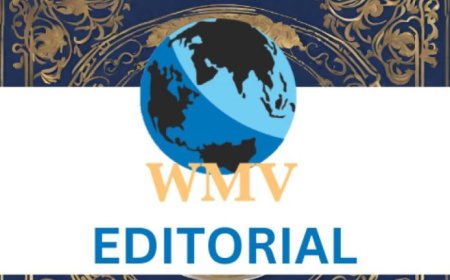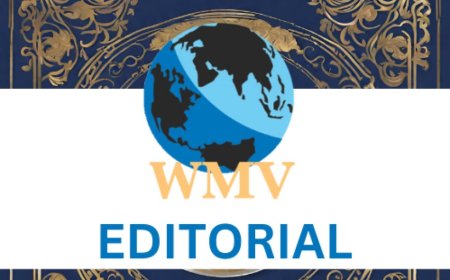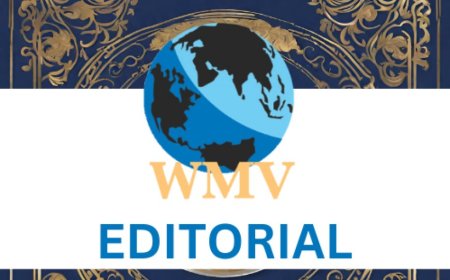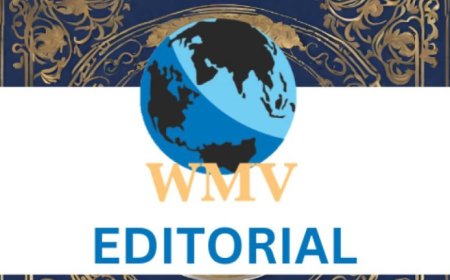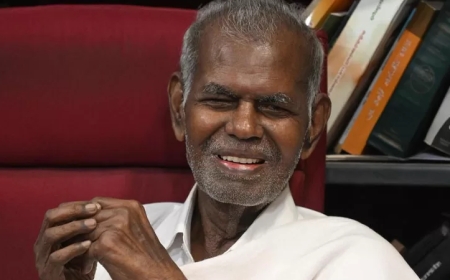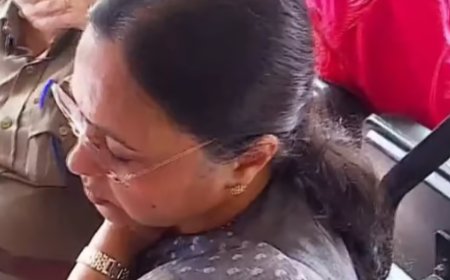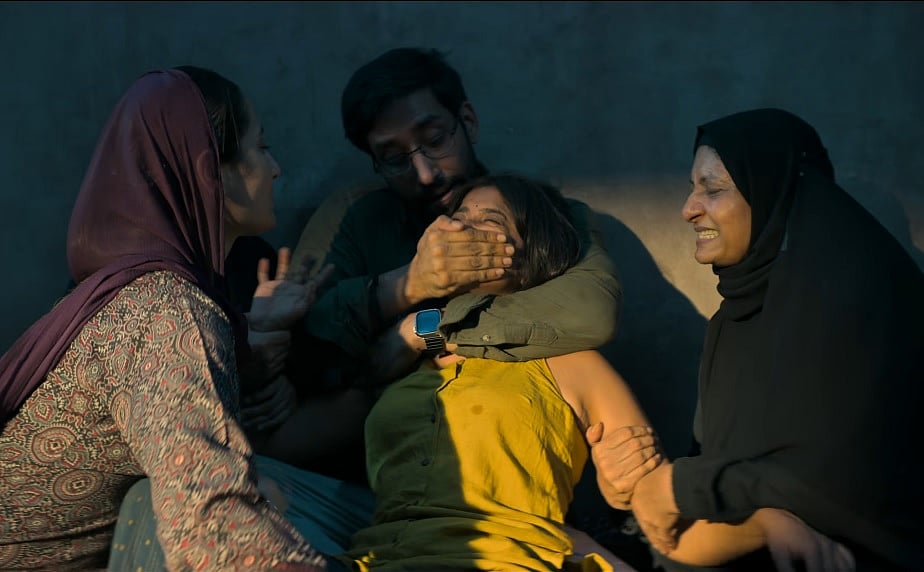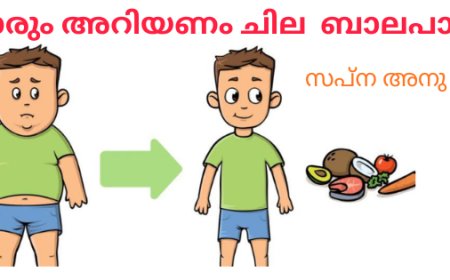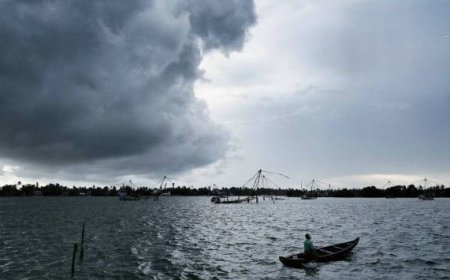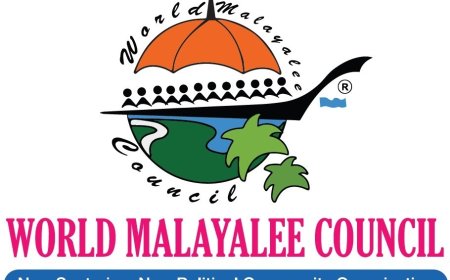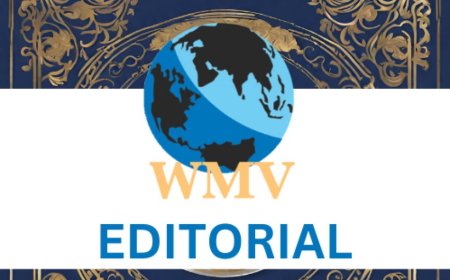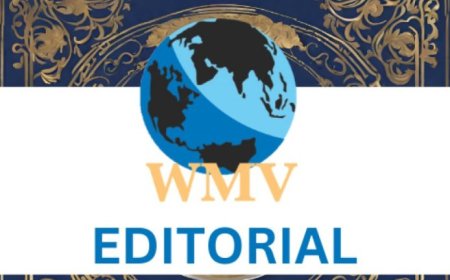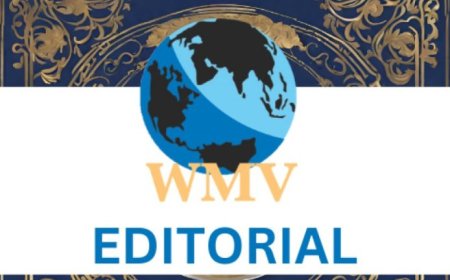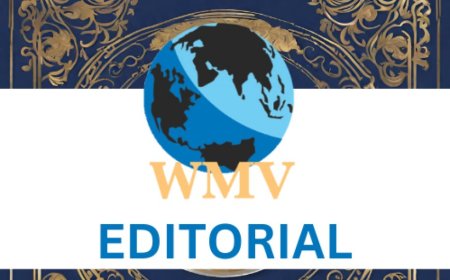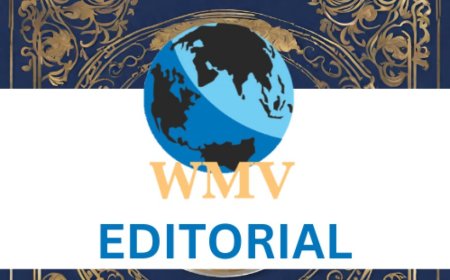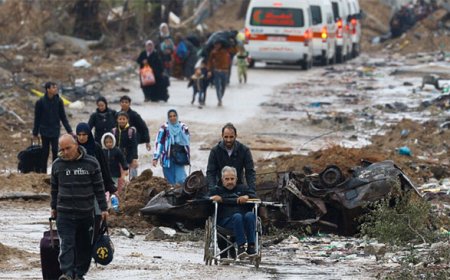Malayalees still have chance despite UK nurses strike

THE recent strike by nurses for better pay in the UK should not be a deterrent for their Malayalee counterparts who are dreaming of a blissful life there or elsewhere in Europe.
The UK is currently grappling with a cost-of-living crisis as spiralling inflation outstrips wage growth. Nurses' unions demand a pay rise significantly above inflation, which surged to a 41-year high of 11.1% in October, falling slightly to 10.7% last month.
The government asserts that requests for pay rises coming from Royal College of Nursing are unaffordable.
But, if a UN report is to be believed, prospects are still bright for Malayalee nurses who are intending to migrate to the UK as the country is facing a “disastrous” shortage of nurses.
A new report from the World Health Organization (WHO) has warned that pressures on the nursing and healthcare workforce across Europe and the UK are so severe that the region is facing a “ticking time bomb”.
The international organization has stressed that countries in Europe, including the UK, are facing a disastrous shortage of nurses and other healthcare staff unless they act now to train, recruit and retain the next generation of health workers.
The report follows recent figures which revealed the number of NHS nurse shortages in England has reached a record high of almost 47,000.
The WHO report found that, on the whole, the UK lags behind many European countries in the total number of nurses available to care for the population.
Data suggests there were just 85 nurses per 10,000 people currently in the UK in 2020, compared to between 100 and 200 per 10,000 people in other western and northern European countries.
The UK is also training fewer nurses than other countries, with 31 new nursing graduates per 100,000 people in 2018, compared to more than 40 new graduates a year per 100,000 in France, Sweden, Germany, Denmark and more than 70 in Norway, Finland and Romania.
In addition, more than 40% of doctors and nurses are over the age of 55 in 13 of the 44 European countries where data is available.
The proportion of nurses aged over 55 is higher in the UK (23%) than in other European countries including France, Norway, Spain and the Netherlands, based on data from 2019.
Additional workforce must be recruited within the next 10 years to replace these staff when they retire, the report noted while recognising the overall number of health workers needed in Europe will continue to climb as the population gets older and has more complex care needs.
The coronavirus pandemic increased pre-existing workforce pressures with long working hours, inadequate professional support, serious staff shortages, and high Covid-19 infection and death rates taking a toll on health workers across Europe, it added.
The report concluded that European governments needed to invest more money in the workforce and invest it better. It recommends developing policies that protect the workforce by placing its interests and well-being at the centre of economic and social recovery from the pandemic.
WHO regional director for Europe Dr Hans Kluge warned: “All of these threats represent a ticking time bomb which, if not addressed, is likely to lead to poor health outcomes across the board, long waiting times for treatment, many preventable deaths, and potentially even health system collapse.
“The time to act on health and care workforce shortages is now.”
How far the UK is going to invest in infrastructure to train its own workforce is doubtful taking into consideration the country’s economic situation. Also, the million-dollar question is how many are willing to take up the profession from among the country’s population!
Then, the only option left for the country is to recruit from another country as it cannot meet the demand locally. Malayalees have proved their worth, and some of them are holding high positions in the health sector there. Therefore, the UK will undoubtedly go for recruiting nurses from India, and Malayalees will be a major chunk among them.
As if for Malayalee nurses, a timely announcement came on Monday from New Zealand. In a bid to address labour shortages and bump up the economy post-Covid, New Zealand announced that nurses and midwives will now be eligible for immediate residency in the country.
Announcing a slew of changes, Immigration Minister Michael Wood said the country is expanding its Green List settings to include more professions and provide greater certainty to businesses as they recover from the pandemic.
Migrants working in the Green List roles have a clear pathway to residence in New Zealand.
While doctors were eligible for the straight-to-residency pathway, nurses and midwives were not.
"From Thursday (December 15), registered nurses and midwives will have an immediate pathway to the residence, including those already in New Zealand," Wood said.
This shows, if not Europe, more chances are coming up in the Pacific region. Hope our children will make use of them wherever the opportunities are.
